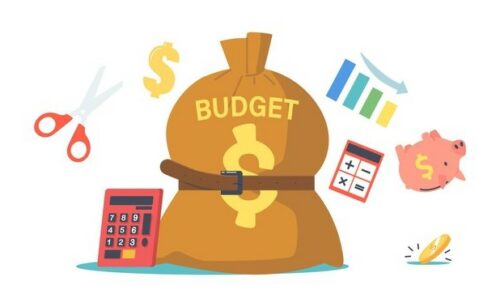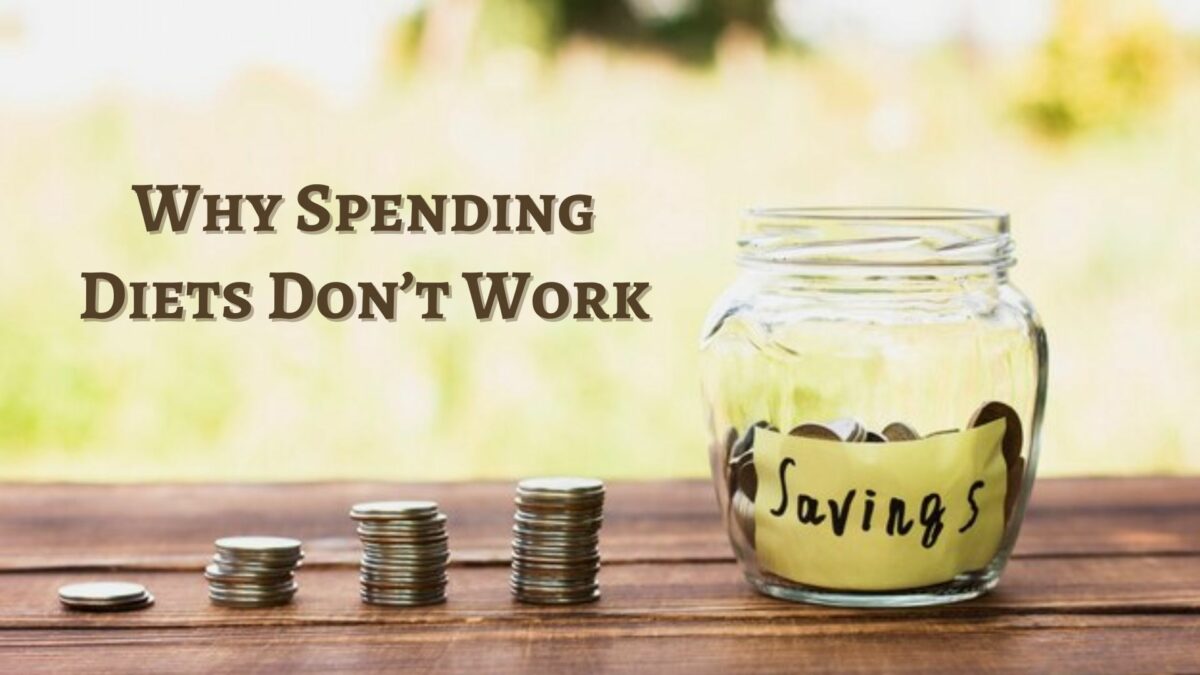“Go to Heaven for the climate, Hell for the company.”
– Mark Twain
“My grandmother started walking five miles a day when she was sixty. She’s ninety-seven now, and we don’t know where the hell she is.”
–Ellen Degeneres

I used to be a pretty decent competitive poker player. I earned a couple of entries to the World Series of Poker, and I’d occasionally take trips to Vegas to spend a lot of time in the poker rooms. I was certainly no Phil Ivey or Daniel Negraneau, but I was reasonably profitable small stakes player.
Poker is a mix of math and psychology. Go to the river with enough 7-2 offsuit hands, and you’ll go broke because the mathematics is against you. However, if you can get into another player’s head and beat him at game theory or cause him to weigh emotions more than math, you were probably going to make money off of that player.
Besides the ignorant player who would sit down and play ATC (any two cards) every hand to the river because he (always a he) was a man who had come to Vegas to play some poker (baby!), the ones I liked to target were the ones who would throw their cards down in disgust, mutter something unintelligible, and then turn to the guy next to them (as if an opponent was a friend) and say “well, hell, I’m already in for a couple hundred…what’s another couple hundred more?”
That person had lost the will to say “I quit” in the belief that he was going to make up his losses.
Monkey Brain was telling him “What the hell? You’ve already blown past your budget for this session, so it doesn’t matter how much you lose.”
- Monkey Brain is never that eloquent.
“LOST MONEY. WHAT MORE MONEY? MO MONEY MO PROBLEMS!”
Psychologists have a name for this phenomenon (as they do for every psychological phenomenon). It’s called the What the Hell effect, and Drs. Winona Cochran and Abraham Tesser first explained how the What the Hell effect causes us to throw our hands up the moment we miss a goal.
What the Hell Happened to My Budget?

They explained the phenomenon in the guise of dieters. You’re on a diet and you have a specific goal – don’t eat more than 1,500 calories a day, for example.
Your sister-in-law, who makes some fabulous cakes, bakes a cake and offers a slice to you.
You have the angel on one shoulder telling you about the diet and the devil on the other shoulder telling you how delicious the cake is and how you don’t want to miff your sister-in-law by turning down her astounding cake.
The devil wins.
Of course he does. He wears Prada, after all.
So, you chomp down on some fantastic cake.
In doing so, you wake up Monkey Brain, who was sitting in the back of your brain starving from your 1,500 calorie a day diet, miserable, moaning about deprivation. Suddenly, he’s awake.
“CAKE!!!!! WANT MORE CAKE CAKE CAKE CAKE!!!!”
Like a kid in the store at the candy aisle who bawls at 4,000 decibels because Mom said no, Monkey Brain roars in desire.
The reason that he throws at you to have another (six) piece(s) of cake?
“ALREADY BUSTED DIET FOR TODAY. WHAT THE HELL?”
And off you go devouring half the cake before stomach pain from a distended (and wholly unprepared) belly causes you to stop and wonder just what in the heck that 15 minute Joey Chestnut imitation was all about.
There are, according to Drs. Cochran and Tesser two reasons that you’ve succumbed to the What the Hell effect:
- You had a goal that was measured in very short time intervals and in a pass/fail method. Either you were under 1,500 calories for the day or you weren’t.
- You had a goal that was focused on deprivation rather than accumulation. Don’t eat more than 1,500 calories a day versus, say, eat 1 gram of protein per pound that you weigh and all the green veggies you want.
It’s the combination of deprivation and short time periods that cause us to be susceptible to the What the Hell effect.
If you look at how Weight Watchers frames their program, you can see how they fight this for dieters.
You get a certain number of points per week, and it doesn’t matter how you spend the points, as long as you meet that goal. They stretch out the time period to make it easier to meet the goal. Spend too many points in a day? That’s OK, because you can make it up for the rest of the week. That framing allows you to keep perspective and keeps you from thinking of that goal as a binary pass/fail story. If your goal is 50 points (and I’ve never done Weight Watchers to I have no idea if 50 points is a reasonable target), and you get 51, not that big of a deal.
So, where do we see a common piece of personal finance advice that is setting us up for failure?
The spending diet!
For those of you who don’t know, a spending diet is where you try to go a day (or a week or whatever time frame) without spending money.
You’re laying a trap for the What the Hell effect because you’re
- a) Creating too short of a time frame, and
b) Denying yourself (in this case, trying to prevent yourself from spending)
The moment you slip up and buy a piece of gum, you’ve given Monkey Brain free reign to convince you to buy way more expensive things.
Spend $1,000 for the sake of saving $50.
So, how do we control our spending in a way that prevents us from being susceptible to the What the Hell effect?
Two ways:
- Frame goals in terms of accumulation rather than deprivation. In this case, if you’re budgeting, the natural end result of spending less than you make is savings. So, make your goal to save a certain amount of money. If you’re in debt, then make your goal to pay an additional amount towards your principal each month. Make it about adding coins to the piggy bank rather than preventing cash from leaving your pocket.
- Make the timeframe long enough that you can give yourself a catch up period. Most people get paid every other week, twice a month, or monthly. So, set a goal that is, say, 4 times your pay frequency and your savings goal (or debt pay down goal) 4 times what you’d aim for in a given pay period. That way, you have a little wiggle room in case you miss during one paycheck – you can make it up in the next few.
By focusing on accumulation and longer time periods, you prevent yourself from creating a situation where, even if you miss by a little bit, you’re tempted to throw up your arms, give up, and go crazy on a spending bender.
Still feel the urge to go on a spending bender? Set aside a very small amount of money (say $10 or $50) and see just how many cool things you can pick up at a yard sale or an estate sale.
Then try to sell them on eBay and make more money which you can then use to pay down debt or put towards savings!
Have you ever told yourself “What the Hell?” and given yourself a money hangover the next day? Let’s talk about it in the comments below!
Author Profile
- John Davis is a nationally recognized expert on credit reporting, credit scoring, and identity theft. He has written four books about his expertise in the field and has been featured extensively in numerous media outlets such as The Wall Street Journal, The Washington Post, CNN, CBS News, CNBC, Fox Business, and many more. With over 20 years of experience helping consumers understand their credit and identity protection rights, John is passionate about empowering people to take control of their finances. He works with financial institutions to develop consumer-friendly policies that promote financial literacy and responsible borrowing habits.
Latest entries
 Low Income GrantsSeptember 25, 2023How to Get a Free Government Phone: A Step-by-Step Guide
Low Income GrantsSeptember 25, 2023How to Get a Free Government Phone: A Step-by-Step Guide Low Income GrantsSeptember 25, 2023Dental Charities That Help With Dental Costs
Low Income GrantsSeptember 25, 2023Dental Charities That Help With Dental Costs Low Income GrantsSeptember 25, 2023Low-Cost Hearing Aids for Seniors: A Comprehensive Guide
Low Income GrantsSeptember 25, 2023Low-Cost Hearing Aids for Seniors: A Comprehensive Guide Low Income GrantsSeptember 25, 2023Second Chance Apartments that Accept Evictions: A Comprehensive Guide
Low Income GrantsSeptember 25, 2023Second Chance Apartments that Accept Evictions: A Comprehensive Guide

